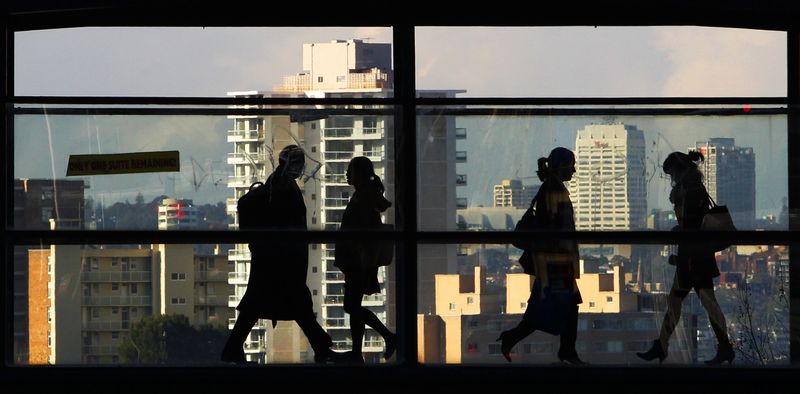SYDNEY (Reuters) - Australia said on Thursday that it would make pension contributions for workers who take paid parental leave, the latest effort by the centre-left Labor government to address gender imbalance in the workplace.
Under the new policy, the government will contribute 12% of a worker's wages into their pension fund, known in Australia as superannuation, on top of their government-funded parental leave. The policy will start in July 2025, Finance Minister Katy Gallagher said in a statement.
"The data is clear - that when women take time out of the workforce to raise children it impacts their retirement incomes with women retiring, on average, with about 25% less super than men," Gallagher said, referring to superannuations.
Currently, new parents on government-paid leave do not benefit from any pension contributions.
AustralianSuper, the country's biggest pension fund, said it welcomed the move, which it said would add about A$7,000 ($4,594.10) per parental leave period for members at retirement.
"This boost to the retirement savings for those receiving the Commonwealth Parental Leave Pay will be particularly beneficial for low paid and vulnerable workers," AustralianSuper Chief Executive Paul Schroder said in a statement.
Employers are required by law to pay workers 11% of their salary as a pension contribution.
Addressing gender inequality in the workplace has been a key policy focus for Prime Minister Anthony Albanese' Labor government.

Despite years of commentary by governments and companies, there is still a gap between what men and women earn at some of Australia's biggest employers. A first of its kind report released last month showed the national gender pay gap was at 19%.
($1 = 1.5237 Australian dollars)